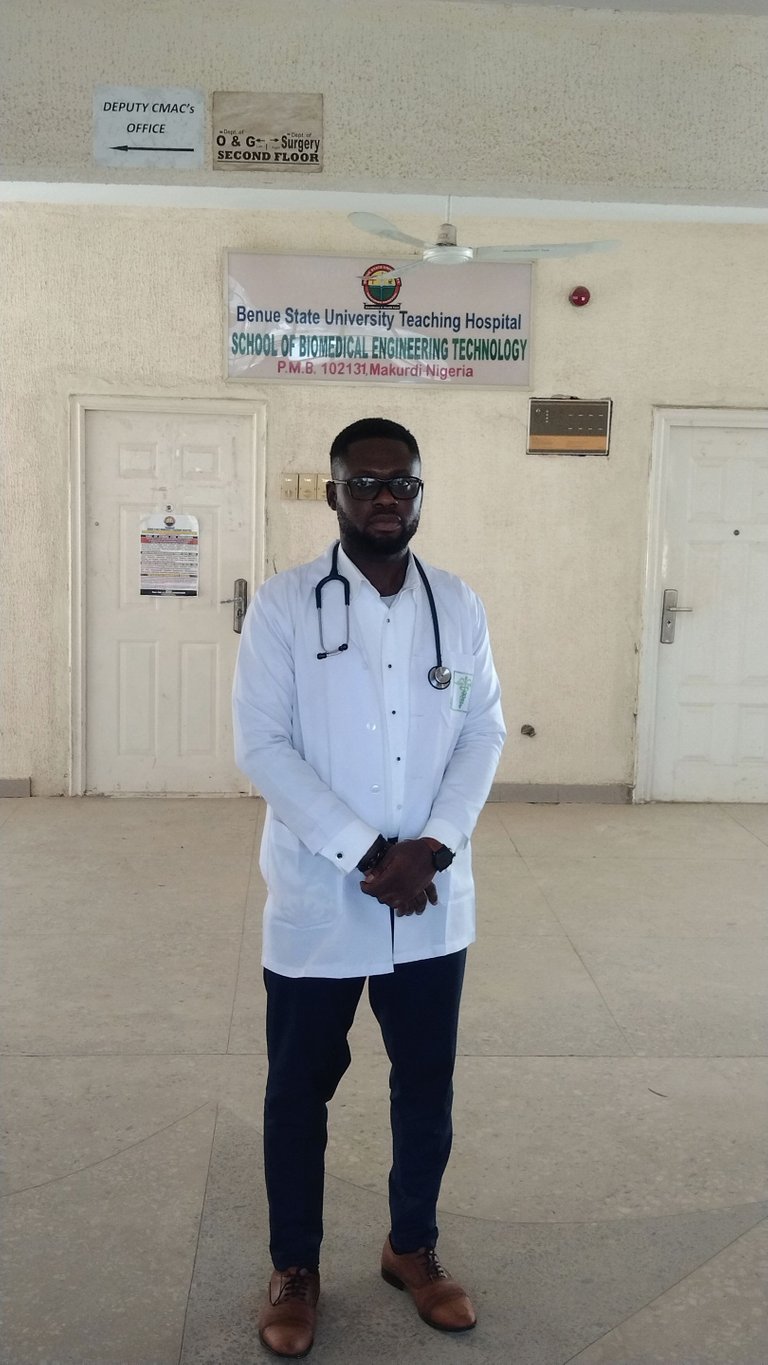Hi everyone, i hope we are all doing alright. I would like to tell us a little about sleep and its disorders.
sleep is a vital part of human life, it will surprise you to know that you spend a third of your life just sleeping, it is one of the most significant behaviours seen in humans and a universal behaviour seen in all animals.

sleep is a recurring state of inactivity characterised by loss of awareness and a decrease in responsiveness to the environment or stimulus.
sleep occurs in a cycle which is controlled by our biological clock, this cycle is called the circadian rhythm. the most essential part of this biological clock is the suprachiasmatic nucleus (SCN).
for a person to wake up light stimulus from an external source needs to get to the suprachiastmatic nucleus through the retina of the eye, this causes (SCN) to generate signals that stimulate the pineal gland to cause a decrease in melatonin production which acts on interconnected systems in the brainstem that controls sleep.
sleep needs vary across ages and are largely dependent on lifestyle, habits and health.
their is really no agreement on the adequate amount of time one must sleep to funtional optimally during the day but it is worthy to note for infants they often require 16 hours of sleep, teenagers 9 hours of sleep while adults in most cases 6-8hours.
sleep is essential for physical and psychological restoration, memory consolidation, brain growth, maintenance of the immune system,and energy conservation.
a single sleep episode consists of a rapid eye movement stage (REM) and a non rapid eye movement state (NonREM)
the (REM) stage of sleep is the stage where we dream and this just take about 25% of the total duration of sleep it is characterised by easy arousal it is described as the stage where your brain is awake but your body is paralysed.
the(NonREM) sleep stage is characterised by brain being asleep while we regain motor function our bodies are awake, this takes about 75% of the sleep cycle.
sleep disorder is a spectrum from having too little sleep to having too much sleep.
too little sleep is called insomnia patients often complain of difficulty in falling asleep, maintening sleep or just poor quality of sleep.
too much sleep is called hypersomnia an example of that is narcolepsy which is characterised by excessive day time sleepiness in the form of sudden irrisistable sleep episodes.
sleep disturbance causes marked personal distress and severely affects day time productivity.
common ways to treat sleep disorders are by seeing a psychiatrist professional to properly assess the intrinsic causes of the sleep disorder by taking a good look at your sleep history.
in most cases sleep disorders occurs without an organic or psychiatric cause commonly resulting from poor sleep habits,poor sleep hygiene, stimulants Intake like caffeine and tea.
ways of improving sleep includes,
regular exercise during the day.
ensure the room is dark and quiet.
avoiding taking stimulant containing drinks in the evenings like caffeine, taurine, tea.
avoid taking naps during the day.
late night tryptophan snacks like a glass of milk.
warm bath and some soothing music.
sleep is a vital aspect of human nature, it is essential for optimal human productivity.
For further references
International classification of sleep disorders ICSD revised at 1997. ICSD-R.
International classification of diseases ICD 11.
I hope this helped someone to have an idea of what sleep is . thank you for your time.





